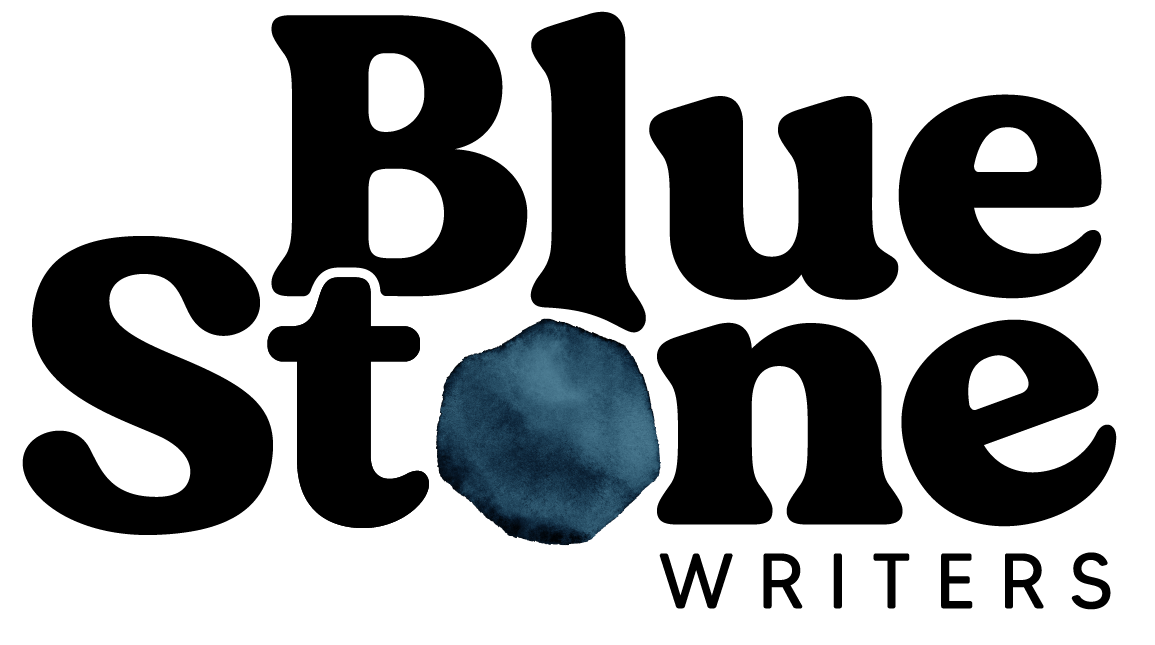release to reclaim
The whole reinvention thing seems to be a trend for the new year—new year as in January, as in the Gregorian calendar, as in “make yourself over after the holidays because you have so much energy to do that, right?” The truth is, in the creative life, we are constantly called upon to shed our old selves and transform into the next writer we’re meant to be. Sometimes we are called to let go of someone else’s expectations. Sometimes we are called to reclaim our sense of play and imagination. Sometimes we are called to not do anything at all.
Sometimes we’re called to create a series where writers can gather to get things done while embracing ease, experimentation, and seasonality.
Recently I was called to shed some old ideas in my creative process. I’ve been wrangling a prologue in my present novel revisions—to prologue, or not to prologue, that is often the question. Prologues are polarizing. Some folks are fans. Some decidedly not. I really like mine, so I’ve decided to keep it, with the help and advice of my trusted writers group.
It took courage and support from people I respect to let go of the worry that some folks, i.e., people in the industry, might be anti-prologue.
The truth is, readers will always be anti-something.
We all have our preferences, and it’s impossible to please everyone. Unless your book/story/poem is the equivalent of a slice of basic bread, it will not make everyone happy—and even a slice of bread will not be palatable to all, right? We can’t all digest gluten!
This is not basic bread, this is very cute bread, I just wanted to include it. It’s my blog!
Reinventing the opening pages to my novel meant letting go of…
The idea that I was writing these pages to please someone else.
The notion that I had to finish it fast because of a self-imposed deadline.
The narrative that this work will only be worthy once I have a finished product and can proudly proclaim it done.
By embracing process, I was able to completely reinvent these pages, weaving in a dramatic POV shift (also polarizing) that was fun to play with and pleasing to edit. It’s weird and startling. I like it.
Okay. So why this theme of reinvention for fall?
You have to let go to reinvent, and autumn in the northern hemisphere is a time of letting go. When the trees in the forest lose their leaves, we have a sudden clarity of sight.
This is not because nothing is happening; work is happening, but it is happening along with moments of great quiet and stillness; these are woven into the wild changes taking place.
I find that meeting and working in community is one powerful way to both affirm our evolution as writers and encourage us to keep going even as the tides change, time constricts, and goals stretch and morph with life’s challenges.
Fall might not look like this where you live, but the landscape will change, even if subtly. That transformation can be inspiring.
Take a moment to reflect on how you’ll cross the seasonal threshold from summer to autumn—and you may feel like you’ve crossed it already. There is no right or wrong way to approach these questions.
How have the last three months felt to you? Have they been a blur? A tangled mess? A bundle of nerves punctuated by sparks of joy? Take 6-7 minutes to simply reflect on the last three months.
What have you learned from the past three months? How are you emerging from this season? What has changed? Take 6-7 minutes to reflect on how you’ve evolved or are evolving.
What is the tool you’ve forged these past three months? Is it a sharp sword to slice through muddled thoughts and get to the truth? Is it a gardening trowel to dig deep? Is it a bottle of ink to dip into your thoughts and splash the page with both beautiful language and half-baked phrases? Take 8 minutes to name and describe your tool.
Bonus: Take a deep breath and imagine the tool in your possession. How does it feel in your hand or at your feet or on your table? How do you wield it?
Learn more about the Fall Creative Commitment here and reach out if you have questions. I can’t wait to see you this fall.





